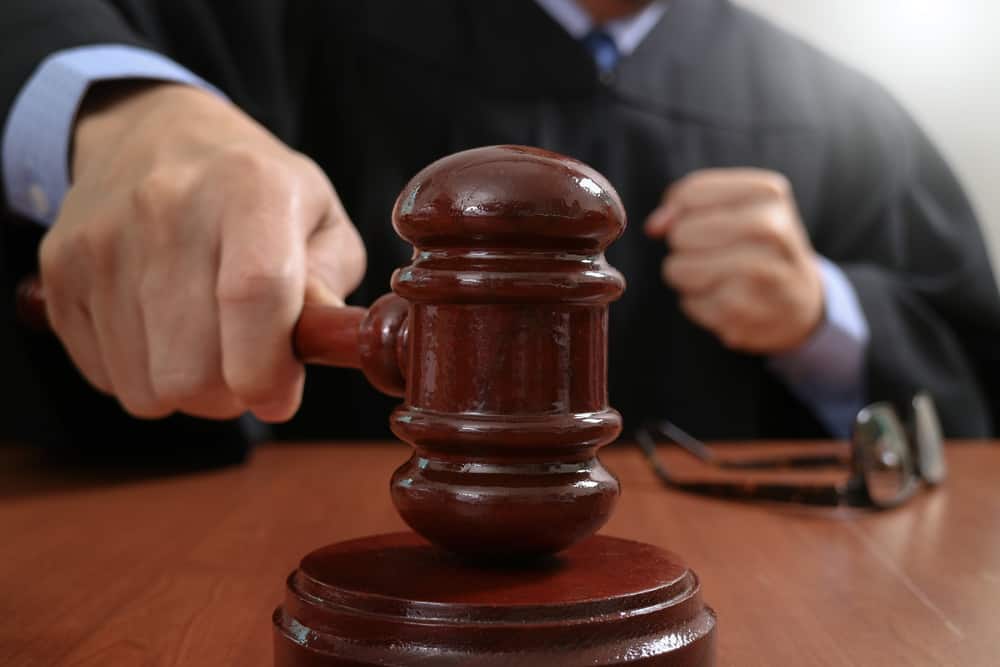
A DMV hearing, also called an administrative license revocation (ALR) hearing, actually does not happen at the Department of Motor Vehicles (DMV). In Texas, the Department of Public Safety (TxDPS), performs many of the functions that the DMV does in many other states. The TxDPS handles driver’s license applications, testing, suspensions, revocations, and issues licenses.
If you have been charged with driving while intoxicated (DWI), you could face having your license suspended. At a DMV hearing in Texas, the state presents its evidence against you, and your lawyer argues in your defense. The state will try to get the Administrative Law Judge (ALJ) to suspend your license based on the evidence they provide. Your lawyer will either fight to have your driving privileges retained or get you an occupational driver’s license so you can drive to and from work.
How to Get an ALR Hearing
If you get arrested for drunk driving in Texas, you have to request a hearing within 15 days from the date you were served notice. Otherwise, your license will be automatically suspended. You need to know what happens at a DMV hearing if you are going to challenge your license suspension.
While you do not need to work with a lawyer, having one on your side could help you retain your driving privileges.
Your lawyer might be able to argue that:
- You were not drunk at the time of your arrest.
- There is no supporting evidence in your case that supports a license suspension.
- The results of the blood test or breathalyzer were inaccurate.
- The arresting officer did not properly conduct your traffic stop.
The burden of proof is on the TxDPS to show that your license should be revoked. The DMV hearing is not a criminal matter. It is an administrative procedure. The outcome of the ALR hearing has no bearing on the charges pressed against you.
If this is your first DWI charge, you could lose your license for up to a year if convicted, per the Texas Department of Transportation. For that reason, you might want to consider working with a criminal defense lawyer.
What Happens at an ALR Hearing
The TxDPS will present its case first. The ALJ will also be in the room, along with you and the TxDPS representative. If you have a lawyer, your lawyer will be present and advocate on your behalf.
The TxDPS must have evidence that supports the suspension of your license. The evidence they present can provide insight into the criminal charges against you. The arresting officer in your case may be asked to testify about the traffic stop and arrest.
Your lawyer’s job will be to look for inconsistencies and weaknesses in the evidence presented against you.
After the TxDPS presents its case, your legal team will have the chance to challenge the TxDPS’ allegations against you. The ALJ will listen to the arguments of both parties and evaluate the evidence.
Sometimes the ALJ announces the decision at the hearing, but not always. You might have to wait a while to learn the outcome. If you are not pleased with the result of the hearing, you might be able to request an appeal.
Why You Should Request a DMV Hearing
You will automatically lose your driver’s license if you do not request a hearing by the deadline. The TxDPS will revoke your license without any evidence or arguments that could be favorable to you. Without a hearing, you will not have an opportunity to defend your driving privileges.
The TxDPS gets to decide how long your suspension will last. Usually, if it is your first arrest for a DWI and you submitted to a breathalyzer or blood test, the automatic license revocation will be at least 90 days. The suspension is 180 days if you refused a breathalyzer or blood test. Your license suspension can last longer if this is not your first DWI charge.
You could lose your driver’s license for three months if you do not make a timely request for a DMV hearing. Depending on your situation, you could be without a driver’s license for as long as two years. It can be extremely difficult to maintain gainful employment if you cannot drive for that long.
Call the Law Offices of Randall B. Isenberg Today
Contrary to the name, if you get an occupational license to use during your administrative license revocation period, you might be able to do more than drive to work. Depending on the terms of your occupational license, you might be able to drive to perform other essential functions as well, like getting groceries or driving to medical appointments.
The TxDPS does not grant occupational licenses. Your lawyer would have to file a petition with the court that has the DWI case and convince the judge that it is essential for you to drive during the pendency of your criminal case.
Now that you know what happens at a DMV hearing, you should consider working with a criminal defense lawyer. The Law Offices of Randall B. Isenberg can protect your legal rights and advocate for you. You can call us today at (214) 696-9253.










